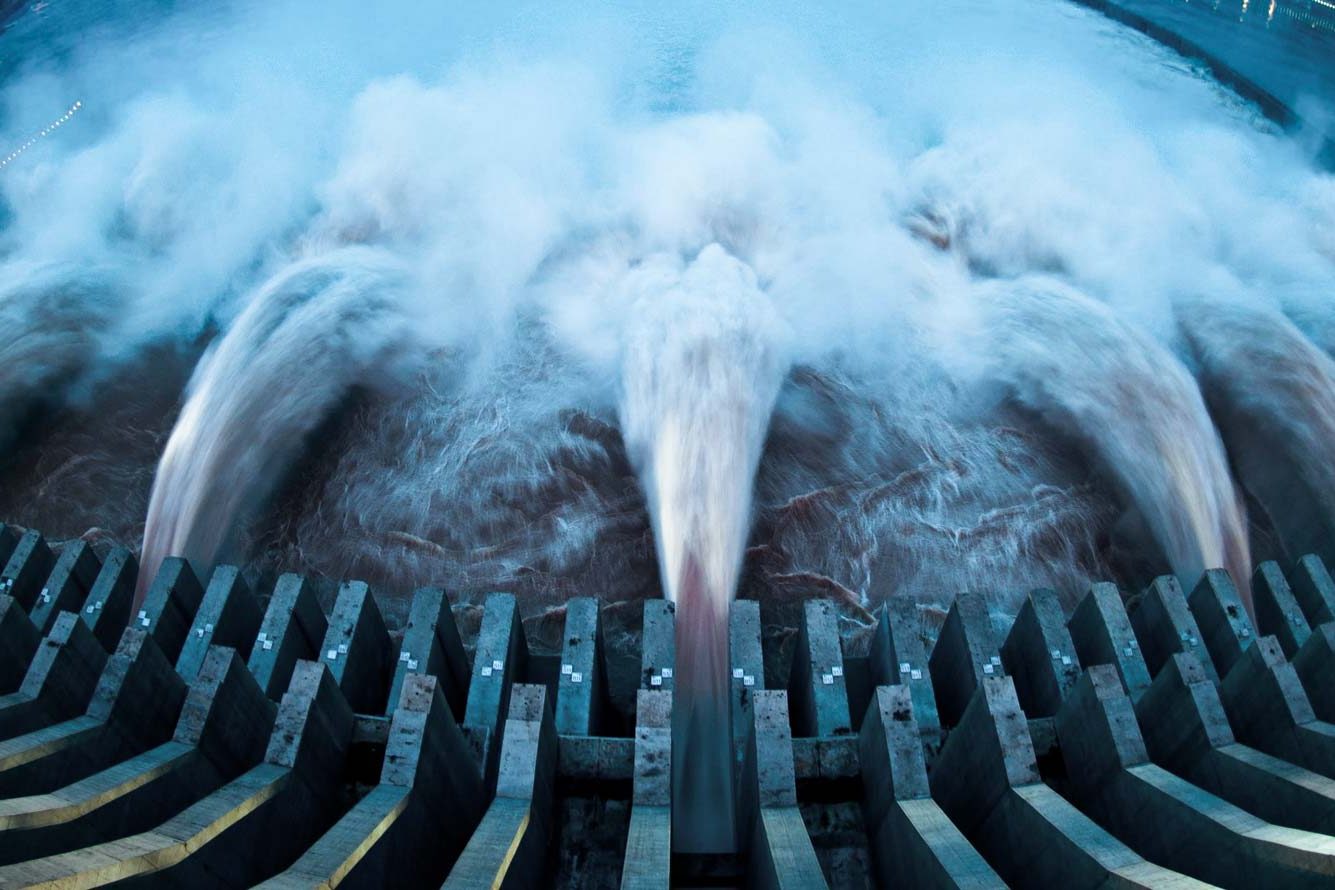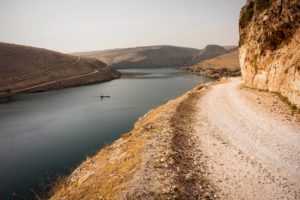Many of the most pressing challenges in the world are closely connected to water. To address them we need to find the right tools to share and protect water resources. This is what water governance is all about.
Water governance refers to the political, social, economic, and administrative systems that influence the use and management of water. It is essentially about who gets what water, when and how, and who has the right to water, its related services and their benefits.
A challenging endeavor
Water is the most precious resource on the planet, but its availability is increasingly uncertain. A wide range of actors use large amounts of water resources, and consumption across sectors is very uneven. Ultimately, not all actors can have all of the water that they want.
Many political processes affect water allocation, such as agriculture, trade, energy, and environmental and industrialization policies. These factors make effective water governance difficult. Other challenges for water governance include poor resource management, corruption, inappropriate institutional arrangements, bureaucratic inertia, insufficient human capacity, and lack of investment funds. The answer to such challenges is to establish clear roles and responsibilities for governments, civil society, and the private sector in relation to water resources. Each actor has an important part to play and water governance is about creating the foundation for them to do just that.
This requires the engagement of a range of institutions and actors. Effective water governance is inclusive, data driven, and based on correct and relevant information. It enables stakeholders to find ways to balance the trade-offs between different sectors and actors, overcome hurdles, work out agreements, and ultimately set up sustainable processes for the regulation and use of water.
Water is the dealmaker for a sustainable future
Having functioning water governance frameworks gives fundamental security and allows for stronger and more efficient investments in the water infrastructure by reducing risks for investors. Decisions, rules, and regulations around water are vital to enable universal access to safe drinking water and sanitation, fairly allocate water, and avoid disputes around it.
Yet, how we govern our shared water resources has profound effects even far beyond Sustainable Development Goal (SDG) 6 on clean water and sanitation. In fact, it greatly matters for all 17 SDGs.
All life connects through water and depends on the availability of water. Water governance is therefore a vital foundational step that allows us to reach multiple goals such as being able to respond to the climate crisis, ensure food security, fight poverty, protect biodiversity, address pollution, and solve conflict. All these goals depend on and connect to the governance of water resources. Ultimately, good water governance is the foundation and prerequisite for a more sustainable and equal world.













